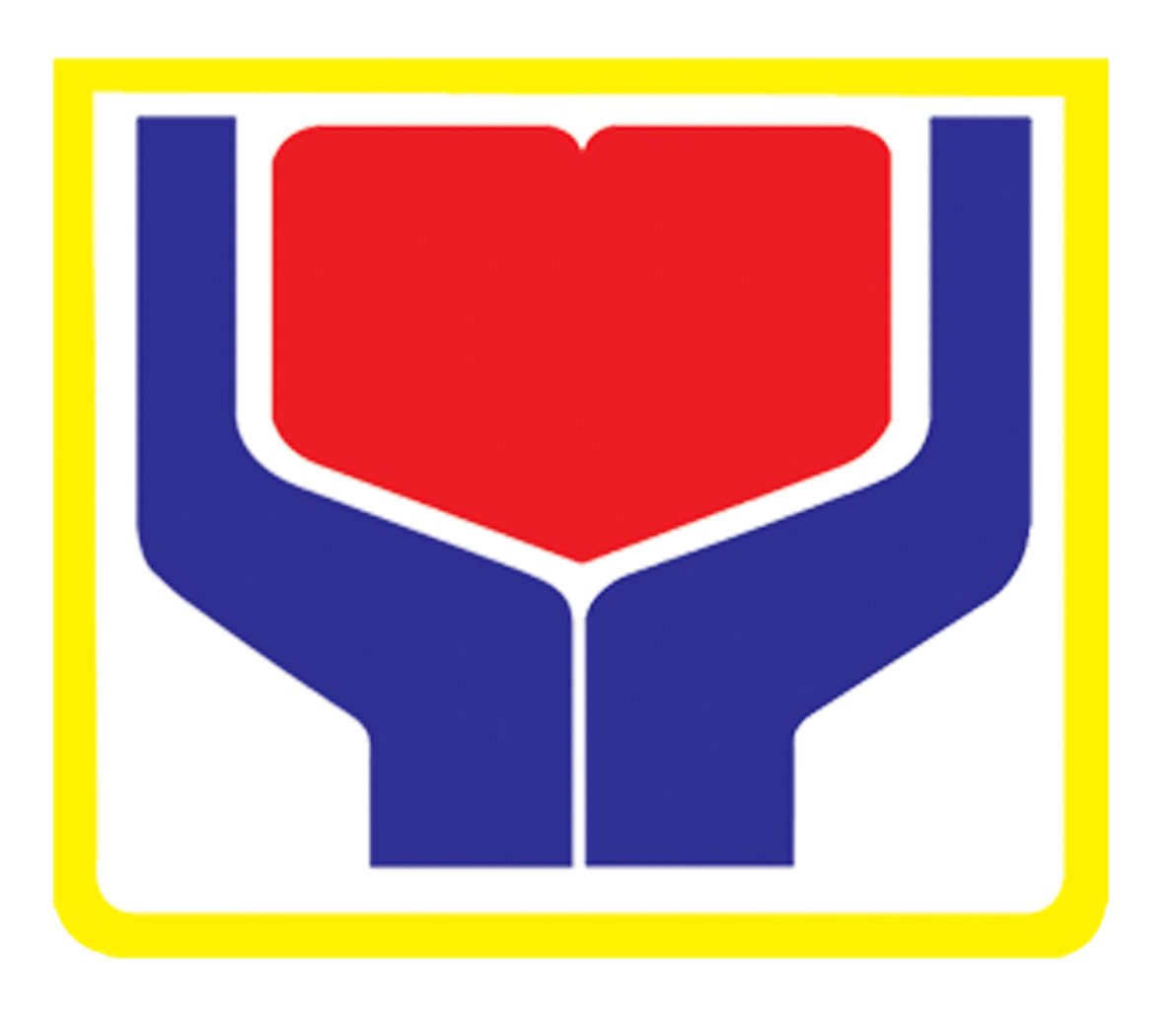Small things go a long way.
“Tumatak sa isip ko sa isa sa mga FDS (family development sessions) na matutong mag-impok dahil hindi natin alam kung ano ang maaaring problemang dumating,” shared Rosa Rodriguez, 40, a beneficiary of the Pantawid Pamilyang Pilipino Program from Brgy. Suba in Majayjay, Laguna Province.
She started saving little by little using a coin bank, and just a week ago, she cannot be more thankful that she listened and started saving.
The FDS is a component of the Pantawid Pamilyang Pilipino Program where parent-grantees are gathered every month as a venue for teaching various topics including children’s rights, disaster preparedness and budget management among others.
When the national government declared an enhanced community quarantine over Luzon in the management of the Covid-19 situation last March 17, Rosa’s family’s source of income had been compromised as her husband can no longer work as a construction worker.
However, her family is saved. Thanks to her savings.
Being prepared in times of emergencies
Rosa immediately knew that they needed enough supply of food for their family of four. Though they do not have money on hand as their income is on a day-to-day basis, she did not hesitate to open her coin bank.
“Binuksan ko ang alkansya ko. Kahit papaano, ito ang ginamit namin pambili ng bigas at ibang pangangailangan. ‘Yung sobra ay binalik ko para kapag talagang kailangang kailangan na, mayroon kaming makukuha,” said Rosa.
Her co-beneficiaries in the town of Majayjay have similar stories.
“Nagpapasalamat talaga ako at naturuan kaming mag-impok kaya ngayon ay mayroon akong nagagamit para sa aking mga anak,” shared 45-year-old Carding Bueno, a resident of Brgy. Panalaban, who is a farmer and a solo parent to three children.
Other than maintaining their savings, another lesson they are grateful for is being prepared in times of disaster.
“Isa sa mga tinuro sa amin ay ang paghahanda ng e-balde (emergency balde) para kapag may dumating na bagyo o anumang kalamidad, may nakahanda kaming gamit,” said Rosenda Arganosa, 44, a beneficiary from Brgy. Banti.
The e-balde is part of the FDS module on disaster preparedness where each household-beneficiary is required to keep a ready-to-bring kit that contains important documents, first-aid kits, medicines, clothes and non-perishable food items such as canned goods and biscuits.
For Lorna Brosas, 43, another beneficiary from Brgy. Malinaw, being prepared in times like this is a big help to families like them.
“Hindi po kami nagpapanic at hindi kami masyadong nahihirapan dahil natuto po kami, nakahanda po kami,” said Lorna.
‘Diskarte’ in times of emergencies
Being prepared is one thing; however, for these parents, being able to make ways to make ends meet during these times is a big thing.
“‘Yung garden namin sa bakuran, dito kami kumukuha ng pang-ulam at pang-meryenda para maiwasan ang sobrang gastos at ang paglabas-labas ng bahay sa panahon ngayon,” said Marilou Francia, 31, a beneficiary from Brgy. Balanak.
Rosenda does the same things. She shares that she even experiments on how she cooks for her children such as using banana blossoms to make burger patties and sisig.
While they may already withdraw their cash grants from the program, all of them patiently waits for their turn. Though they need the assistance to get them going, especially for their food, they understand the importance of the community quarantine for their health.
According to DSWD Municipal Link Artem Reynald Makipagay, the DSWD and the LGU have scheduled a systematized cash withdrawal for the beneficiaries starting March 27 to April 6. Only 10 beneficiaries are allowed to be at the automated teller machine per hour to ensure less crowds and to protect the beneficiaries.
“Naiintindihan po namin ang pagbabago ng sistema ng payout. Para sa amin din po ito,” said Rosenda, who already has a plan with the grants she will be receiving—she will allot some for food and the rest will be saved for future use. While all of them are waiting, they won’t waste a day. They’ll continue doing whatever they can to make sure that they have enough food and that their family’s health is protected.***
